At some point, every car requires new tires. Since you want to budget accordingly, it’s important to know how much does it cost to replace your tires?
In this guide, we cover the varying factors that influence the new tire price. We also give you a few tips that may help you save some money.
How Much Do New Tires Cost?A new set of four tires will usually cost you between $400 and $1500, depending on the type of tire, vehicle, quality and where you get them installed. If you choose cheap tires, you may be able to spend $50 each, but on some vehicle types, you can easily spend $1500 or more on a new set of tires.
Now that we have the quick answer to the general cost of new tires, let’s take a closer look at the factors that affect the cost.
Factors Affecting Cost to Replace Your Tires1. Tire SizeThe biggest factor affecting your expense will be the size of the tire you need. You can find tires in all sizes, meant for a multitude of purposes. If you have a compact car, you will have the cheapest tires available, maybe even $50 each.
Of course, high-performance cars, large pickup trucks, specialty off-road vehicles, and SUVs will naturally cost more. A good rule of thumb is that the larger the tire is, the more you can expect to pay for it.
2. BrandThere are just as many tire brands as there are sizes. Many tire shops specialize in one budget brand and carry a multitude of name brands.
You will spend far less to go with the no-name brand, but you need to think about the quality. After all, if you save money today by choosing this brand, does it really pay off if you have to replace the tires again prematurely? You may also get a much longer mileage warranty with quality tires, than with inexpensive tires.
If you choose a premium tire brand such as Michelin, Continental, Goodyear, Bridgestone, you will of course pay much more, but you know that you will get quality tires that last a long time and keep your vehicle on the road.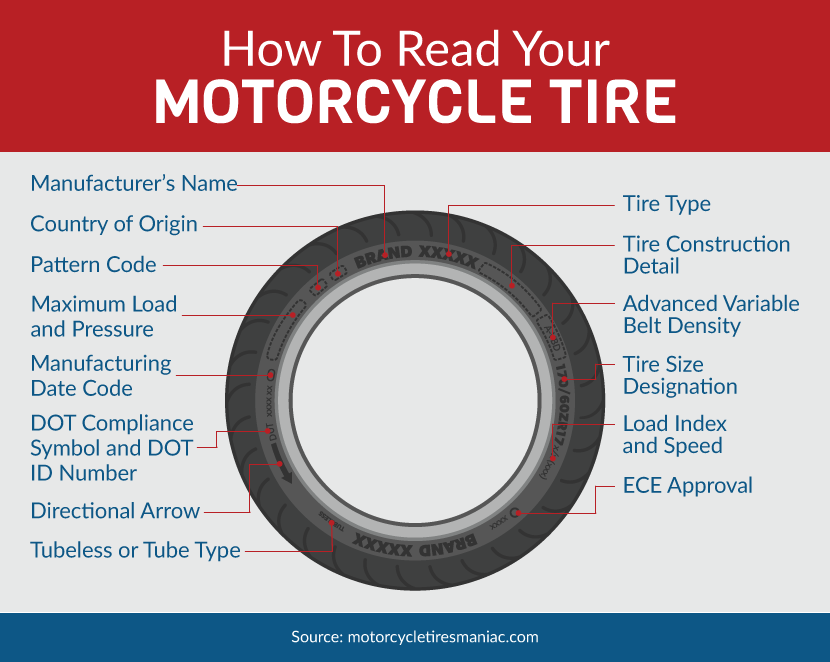
RELATED: 6 Worst Tire Brands to Avoid Buying
3. Installation CostMost tire shops do not make a lot of money on the tire installation. The job itself doesn’t take long and the price can often be included with the cost of the tires.
On average, you can expect most shops to tack on about $20-$40 per tire for the installation. However, if you visit a warehouse club, that expense could be even less.
4. Tire DisposalYou don’t get to leave your old tires with the shop without paying a price. These shops must pay to have them recycled, so that cost gets passed down to you.
On average, the tire disposal fees will be between $2 and $10 per tire to dispose of them. If you would rather save this money, you can get rid of them yourself.
5. Road Hazard/Warranty ProtectionOn top of the regular price paid for your tires, you may choose to add some extra warranty protection. With road hazard protection, you are covered if your tires get a hole or blow out.
However, you must be careful who you choose to get road hazard through. Not all companies are going to follow through on the agreement, leaving you paying for protection that doesn’t matter when something actually goes wrong.
6. Wheel AlignmentWhen your new tires are installed, you will need to get a wheel alignment. Having properly aligned tires ensures that they last as long as possible.
You might pay between $75 and $200 to have the wheels aligned, depending on how many need to be done. However, this money can be seen as an investment, ensuring that your tires continue to provide reliable transportation.
How to Save Money on Tires1. Shop AroundThe most important factor is shopping around. You can call one location and get a price on a particular set of tires and the cost is completely different somewhere else, even though they are the same tires.
When you are shopping around, keep a couple of costs in mind. You will have the cost of the tires, the cost of installation and any fees that the company charges. Ask for the “out the door” price, so you can compare it apples-to-apples.
You will have the cost of the tires, the cost of installation and any fees that the company charges. Ask for the “out the door” price, so you can compare it apples-to-apples.
RELATED: How Much Do Rims Cost?
2. Watch for SalesYou can get a great deal if you shop during a sale. Of course, it’s not always convenient to wait for the next sale, but if you have some time before the tires need to be changed, this is a great way to save.
Throughout the year, tire shops will offer various sales. You can take advantage of a Buy 3, Get 1 Free deal or enjoy a certain percentage off. Most tire sales correspond with holidays, so you can tell when one might be around the corner.
3. Take Advantage of RebatesTire shops don’t often make a whole lot on the tire, so discounts can be limited. However, the manufacturers are happy to offer rebates throughout the year.
Most of the rebates are through the mail but can be found online. Additionally, the tire shops have the inside scoop on what’s available, so be sure to ask.
Additionally, the tire shops have the inside scoop on what’s available, so be sure to ask.
It’s not always wise to purchase used tires, but the takeoff is something entirely different. These tires were installed brand-new and only used for a couple of days before the customer decided they didn’t want them.
It could be that the client didn’t appreciate the ride or simply decided they wanted something better. Either way, the tire shop will offer the replacement tires at a discounted price, so be sure to ask what’s available, especially if you use a popular tire size.
5. Use All-Season TiresIf you live in a cold climate where a lot of snow falls, you might have two sets of tires. Most people in these regions use summer and winter tires. With two sets of tires, you have a lot more money out, especially every time you need to have them switched.
If you aren’t actually driving in the snow, it might be better to use all-season tires throughout the year. While these aren’t going to get you through deep snow, there’s no sense spending more for something you don’t need. Evaluate your options and see if you can stick to using one set all year long.
While these aren’t going to get you through deep snow, there’s no sense spending more for something you don’t need. Evaluate your options and see if you can stick to using one set all year long.
RELATED: 10 Best All-Season Tires – Review & Buyer’s Guide
The lifespan of a tire will depend on the type of tire, the type of driving you do, and the climate. Generally, tires last between 50,000 and 80,000 miles and 6 years. If you drive a lot in city traffic and brake a lot or live in a hot climate, your tires may wear out sooner. If you often drive around with low tire pressure or a bad wheel alignment, they may also wear down sooner.
If your tire tread depth is close to 2/32” or under, it’s definitely time to replace them. Most tire manufacturers recommend replacing tires every 6 years, regardless of the number of miles driven. This is because tire rubber degrades over time, even if the tires are not used.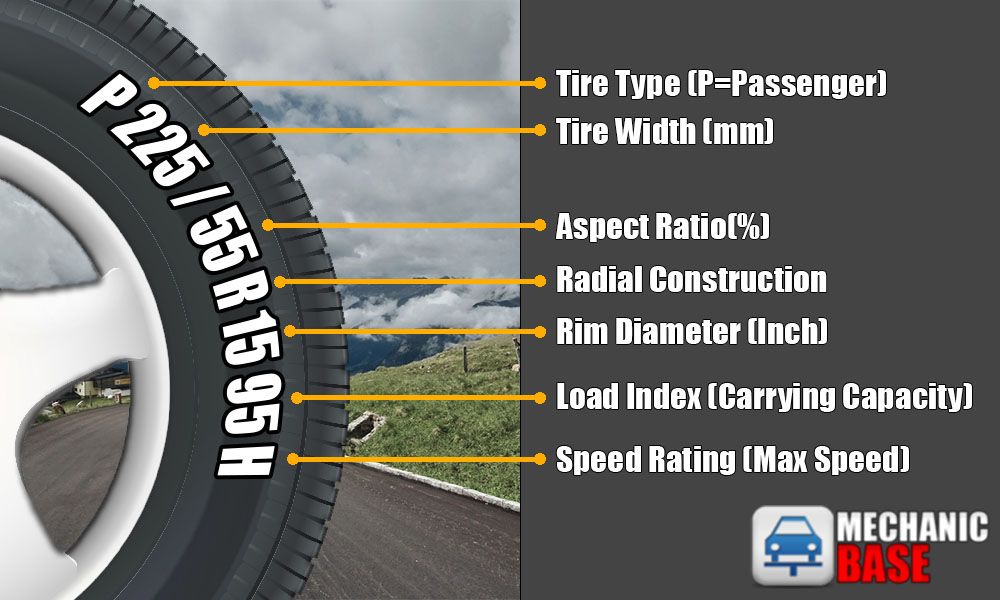 Tires that are more than 6 years old should be inspected by a professional to determine if they are safe to use.
Tires that are more than 6 years old should be inspected by a professional to determine if they are safe to use.
If your car is two-wheel-drive, it’s fine to replace two tires on the same axle instead of four, although you need to consider that your car will handle differently with two new tires than with four. If you are replacing two tires, it is best to put the new or best tires on the rear axle, as this will improve traction and stability.
On many 4WD and AWD cars, however, the diameter of the tires must match, otherwise, you can damage the transmission or the differential. Therefore, it is recommended to replace all four tires on 4WD cars, and it’s a requirement for many car brands like BMW and Audi.
You need to read the tire dimensions on your old tires and take them to the tire shop. You can also call your authorized dealer or check your owner’s manual if the wheels are stock.
Was this article helpful?
YesNo
One of the most asked questions at Les Schwab is about the price of new tires. People want to know what a set of four tires will cost them. The price of a new set of tires depends on the type of vehicle you drive, how much comfort you want, ride quality, noise level, tread durability, and traction features, which can include seasonal tires and tires for specific terrain. Here’s how to understand the cost of your next set of new tires and why the Les Schwab Best Tire Value Promise saves you money with free peace of mind tire protection and a warranty that won’t cost you extra.
Price is a big factor for any purchase. While some online retailers might have the tires you want at a price you like, you run the risk of getting the wrong type of tires for your vehicle and driving needs. Plus, you'll need to find someone to mount them to your wheels, balance them, install them on your vehicle, and dispose of your old tires. This takes more of your time and adds to the overall cost of getting new tires. Then there are tire manufacturer warranties or other premium services to consider.
This takes more of your time and adds to the overall cost of getting new tires. Then there are tire manufacturer warranties or other premium services to consider.
When you purchase passenger or light truck tires at Les Schwab, we mount them for free, rotate those tires for free, re-balance them for free, offer free flat repair and air-pressure checks, as well as give you a free best-in-the-industry warranty that even includes road hazard protection at no extra charge. More on that warranty in a bit.
On new tires, the price can range greatly. Tire size, which is directly tied to the vehicle you drive, affects the price. You’ll typically need a larger tire for a pickup than you would for a car. Tires are also priced based on the amount of rubber used to manufacture them as well as the manufacturing technology and features. For example, an electric vehicle (EV) will require performance tires with a higher speed rating and load capacity, which can cost more than a set of standard all-season tires.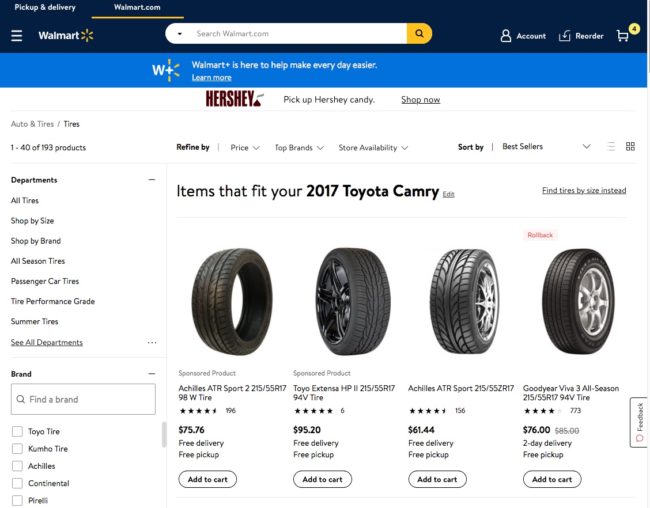
As with any purchase with varying levels of price and performance, there are trade-offs to consider. These can include comfort, control and traction, tire life, durability, fuel economy and the cost of a set of tires. You might even consider replacing just two instead of all four tires to save money. However, doing so can impact vehicle safety, performance, and longevity. See our article on replacing all four tires on an AWD vehicle.
If you’re looking for maximum fuel efficiency, we can help with our article on how to choose car tires.
Looking for snow tires? Depending on what you drive, maneuverability in the snow can add to the price of tires. That’s because today’s snow tires are highly engineered and packed with technological breakthroughs designed to keep you and your family safe on the road, whether that’s bare pavement on a well-maintained interstate or a snow-covered, winding motorway through the mountains.
Check out our guide to buying tires for help pinpointing the type and size of tire you need.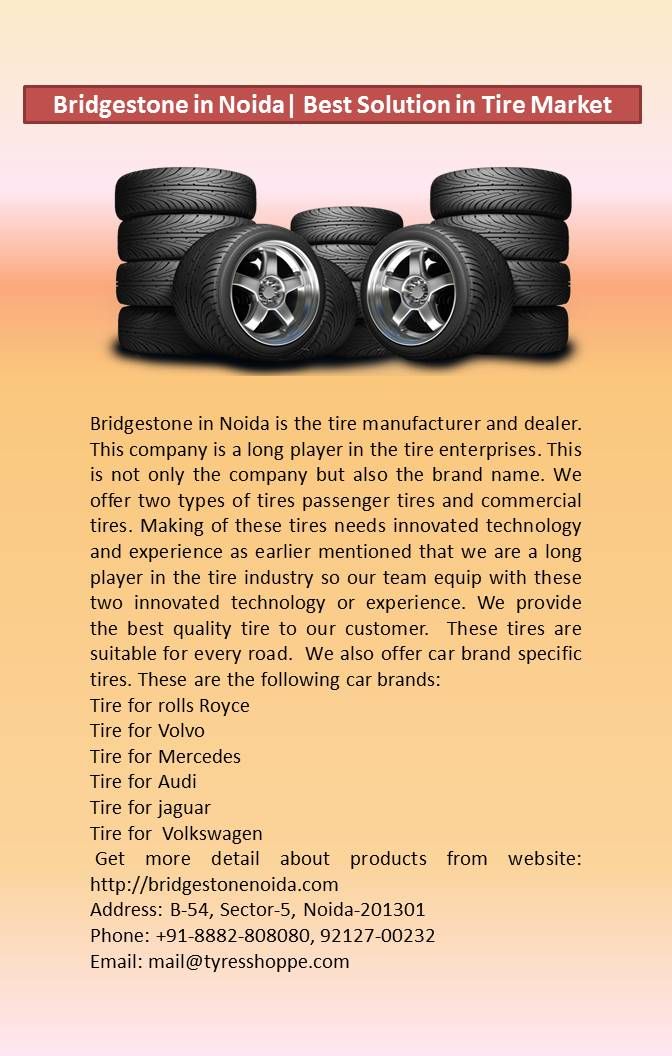 These can include all-season tires, all-weather tires, winter/snow tires, mud terrain, as well as all-terrain tires, performance tires, highway tires, traction tires, and specialty tires.
These can include all-season tires, all-weather tires, winter/snow tires, mud terrain, as well as all-terrain tires, performance tires, highway tires, traction tires, and specialty tires.
Another factor to consider when evaluating the price of a new set of tires is the warranty and other after-purchase services. The tread life on a set of tires can range up to 80,000 miles and beyond. Some places might charge extra for the warranty, but at Les Schwab, that’s part of our Best Tire Value Promise.
Our freebies include a world-class warranty, free lifetime tire and mileage care, and free peace of mind tire protection, including flat repair, rotations, rebalancing, replacement, safety checks, brake inspections, and visual alignment checks at any Les Schwab location. From Colorado and Wyoming to the West Coast, you’re never far from one of our stores – or the road services we deliver. We even offer free tire disposal when you replace your old tires at Les Schwab.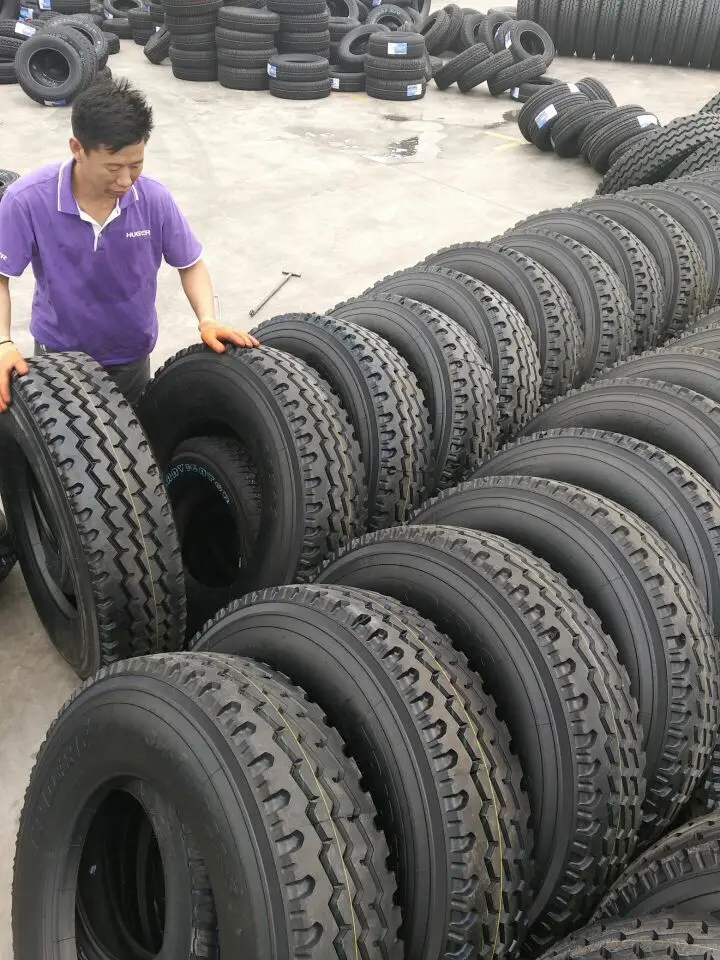
Many of today’s new vehicles come with run-flat tires. Most of the time, these cars don’t have a spare, making run-flat tires the important difference between being stranded on the side of the road or being able to get to a repair shop. However, they can be more expensive than standard tires.
When you’re ready to shop new tires, our pros are here to help. Stop by your local Les Schwab and we’ll take a look at your current tires, make recommendations for your next set, and show you all the options that best fit your driving needs.
Learn More About Tires
90,000 Michelin winter tires in Moscow and the regionAll spikes spikes
Pilot Alpin 5 SUV
51
Product
Agilis Alpin
6 9000 SELFSEAL
1
Products
Latitude X-rei North 2+
2
Products
CROSSCLIMATE 2
Products
Latitude X-rei 6
goods
X-rei 3
6
goods
X-rei 3 ZP
6
Products
CROSSCLEMATE SUV
7,0000004
Product
CROSSCLIMATE+
8
Products
Alpin 6
8
Products
Alpin 5
9000 8 9000 9items
Agilis X-Ice North
11
items
Latitude Alpin 2
15
items
X-ICE SNOW4 9 0002 X-ICE SNOW4
29
goods
Pilot Alpin 5
41
9000 46products
Pilot Alpin 5 ZP
1
product
0004
How much do new tires for your car cost?
$100 each, or maybe three hundred? In the context of the heading "counted-wept" these are mere pennies.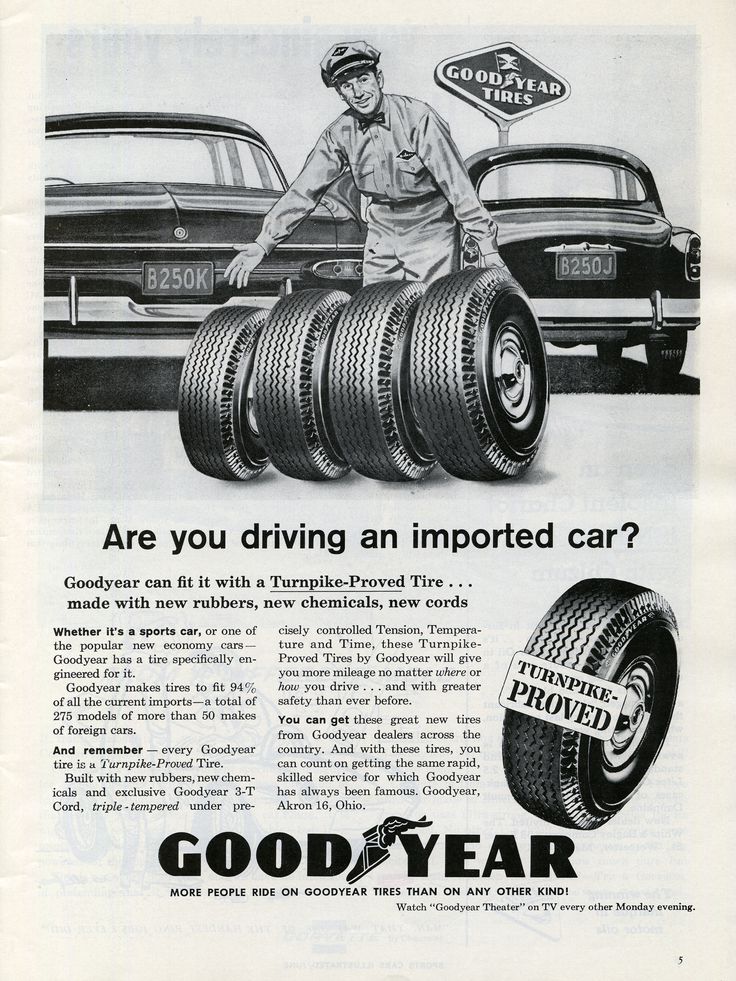 If you ever happen to buy tires for the safest car in the BMW lineup, get ready for much more serious spending! Our colleagues from the AvtoVesti magazine are ready to surprise you.
If you ever happen to buy tires for the safest car in the BMW lineup, get ready for much more serious spending! Our colleagues from the AvtoVesti magazine are ready to surprise you.
All prices in the original article are the official prices of the Russian importer. For convenience, we converted them to dollars at the current rate.
Many rightly consider the BMW 7 Series to be the flagship of the Bavarian manufacturer's model line, although in fact this is not entirely true. The real flagships of Munich are not the usual "sevens", but armored "limousines" based on long-wheelbase 750Li and 760Li sedans, prepared according to the factory High Security program. These are the most expensive and safest cars of the BMW brand, designed for the movement of high-ranking officials, diplomats, intelligence agencies, big businessmen and other very important people. Each of the BMW 7 Series High Security is built exclusively to order.
Each of the BMW 7 Series High Security is built exclusively to order.
According to the manufacturer, the armored "sevens" fully comply with the protection level VR7 (BRV 2009), and all opaque areas and most transparent elements meet the requirements of the VR9 (BRV 2009) standard. Laminated glass with polycarbonate coating and a steel armored capsule make the car completely protected from bullets from pistols/revolvers, AKM assault rifles, as well as from 7.62 mm rifles. In addition, the BMW 7 Series uses many more different solutions, such as a self-tightening gas tank, underbody protection from explosions, and so on. You can’t list everything, and the manufacturer won’t tell many secrets.
The "seven" BMW also has them, and tires are supplied by Michelin. The task of such tires is not only to maintain the mobility of the car, but also to cope with its considerable weight: after all, the BMW 7 Series High Security is never a feather. The total weight is 3825 kg, of which about one and a half tons is armor. Protected rubber even has its own dimension - tires with the index 255-720R49 are installed on the BMW 7 series0A (note that other premium car brands are also actively using this Michelin).
The total weight is 3825 kg, of which about one and a half tons is armor. Protected rubber even has its own dimension - tires with the index 255-720R49 are installed on the BMW 7 series0A (note that other premium car brands are also actively using this Michelin).
Here is what the manufacturer himself writes about armored tires:
. In this case, the tire rests on a ring located inside it, which plays the role of compressed air.
In other words, a thick polymer hoop is stretched over the rim of the "bmw" rim, allowing the car to move more or less tolerably, even if the tire itself has turned into tatters. The general concept is not new and is still found on run flat wheels (an alternative solution is rigid sidewalls, but not suitable for heavy "armored cars"). Despite a strong construction, protected tires are also vulnerable on our roads, and bumps and punctures can also earn. Not even talking about natural wear and tear and extraordinary cases when they can be turned into a sieve by attackers.
We decided to estimate how much in the case of the BMW 7 High Security "re-shoeing" car will cost, and the Russian representative office of BMW helped us in the calculations today. So it turned out that each Michelin Pilot Primacy PAX summer tire costs $2,750! This means that a seemingly standard procedure for replacing all four tires will cost the customer about $11,000! And to this amount you need to add another $ 200 for the installation of a set of rubber. Now you understand why all the other tires look cheap compared to the armored ones?
Moreover, we did the calculation "according to the season" and did not take into account the cost of winter tires, and this is an even more expensive option. In particular, a set of studded Michelin Pilot Alpin PAX will cost $11,800! Security requires considerable financial sacrifice.
By the way, these are far from the only special tires, , which are installed on BMW cars.